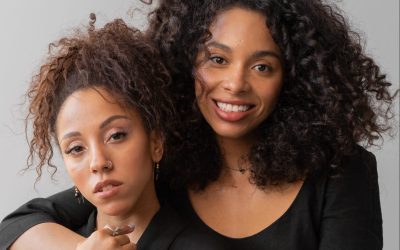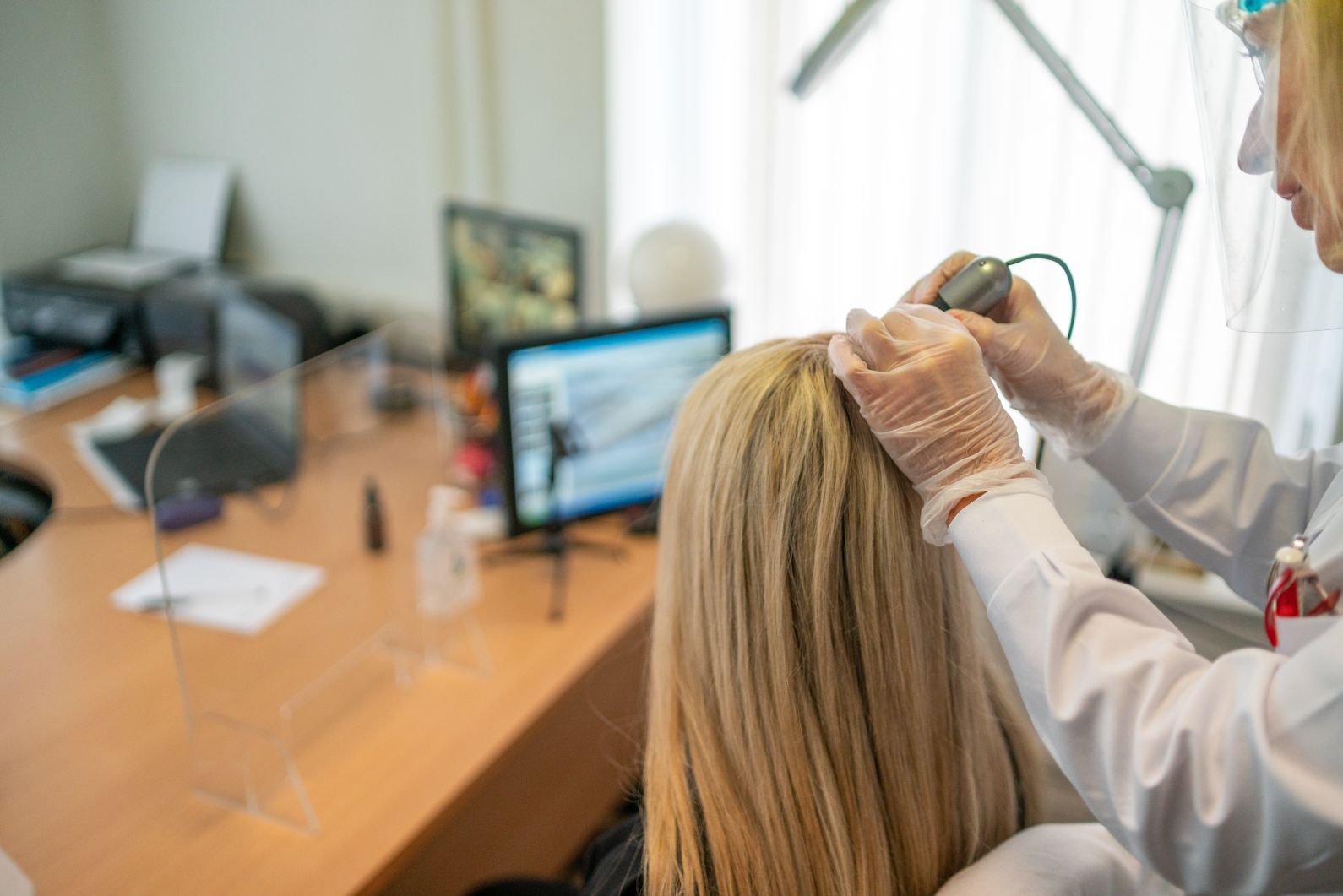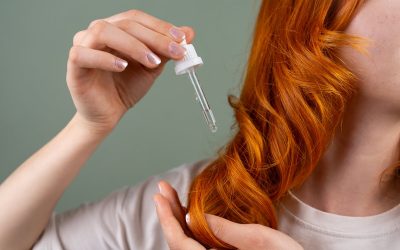When speaking of hair loss, people immediately think it’s a problem exclusively confronted by adults. The truth, however, is that alopecia can affect anyone including children.
Over the years, the number of kids seeking treatment for alopecia has been increasing. According to reports, it is estimated that 3% of visits to pediatric clinics in the United States are related to hair loss issues.
If you are worried that your kid is losing too much hair, read on to learn about some helpful information about alopecia in children.
Hair Loss Affects Children’s Well-Being
For parents, it can be shocking to see their children develop bald patches and lose all of their hair. Meanwhile, for the children, this can be a very traumatic experience – one that can have a profound impact on their quality of life.
“In fact, for these young ones, losing their hair brings immense psychological and emotional stress. Not pleased with how they look and, at times, even bullied by peers because of their condition, these children’s self-esteem greatly suffers.”
“When not addressed immediately, this can deeply hurt their confidence, body image and quality of life. Even parents like you are not spared from psychological stress. Seeing your child go through such a difficult ordeal can be emotionally taxing.”
Here’s the thing:
Given its negative effect, it is imperative that parents like you ensure that their children get the help they need immediately. This means seeing a dermatologist or a hair and scalp specialist for medical treatment and providing strong emotional support for the child.
Alopecia in Children Have Different Causes
Just like in adults, hair loss in kids can be due to different things – infections, nutritional deficiencies, scalp problems, autoimmune diseases, etc.
Tinea capitis is one of the leading causes of hair loss amongst youngsters.
What is this condition?
“Also referred to as ringworm of the scalp or tinea tonsurans, it is a fungal infection that affects the scalp, eyebrows and even eyelashes, typically targeting the hair follicles and shafts… If your child has tinea capitis, he or she may exhibit round and scaly patches of hair loss. The scalp may also appear to have black dots which are actually hairs broken at the surface.”
Another cause of alopecia in kids is trichotillomania which is categorised as an impulse control disorder.
“Those with trichotillomania pull hair from the scalp and other body parts like the eyelashes, eyebrows and legs. There are those who do the act knowingly with the intention to relieve themselves of the tension they are experiencing. Others engage in it without being aware that they are pulling their hair.”
“The onset of the disorder is said to occur between the ages of 10 to 13, although some exhibit signs at a much younger age. However, since some outgrow this habit, diagnosis isn’t made until the child is older.”
Most Pediatric Hair Loss Cases Are Treatable
Seeing your child lose his hair can be scary. Fortunately, hair loss problems involving kids are not life-threatening.
What’s more?
Most of them are reversible and treatable for as long as the exact cause of the problem is identified.
The treatment protocol varies depending on the cause of the alopecia.
For example, antifungal medication and shampoo are used in treating tinea capitis. Meanwhile, behavioural therapy is the primary treatment employed for trichotillomania. Medications for hair growth and hair strengthening may also be prescribed in this hair loss condition.
Take note:
On top of proper diagnosis, early intervention is essential in achieving favourable treatment outcomes.
It is highly important that you take your child to a specialist ASAP so that treatment can commence before the hair loss becomes extensive. This is especially true for conditions like alopecia areata wherein early treatment often yields excellent results. “Around 25% of known cases of alopecia areata involved children.”
There is no denying that alopecia in kids should not be taken for granted. It may not be a dangerous condition, but it can have a tremendous effect on the child’s psychological and emotional well-being. So, make sure that you arm yourself with the right information and bring your child to a specialist ASAP!
Is your child experiencing hair loss? Our specialists are experienced in treating alopecia in children. Call us today at (0)1 6793618 and schedule a consultation!
—
Image by abeer alabdullah from Pixabay



